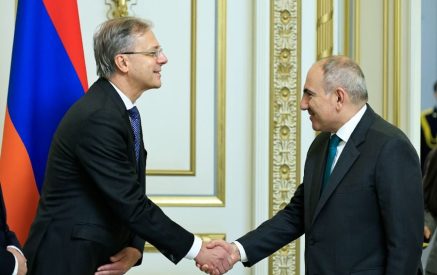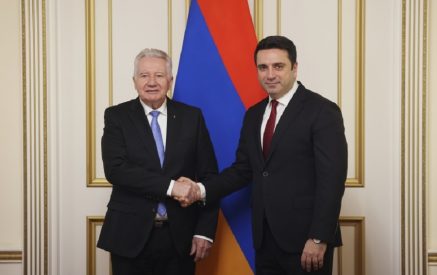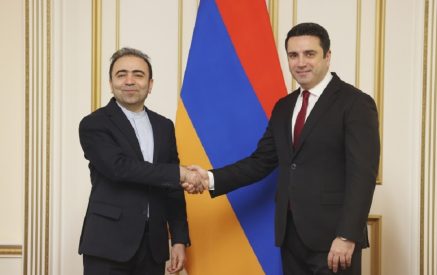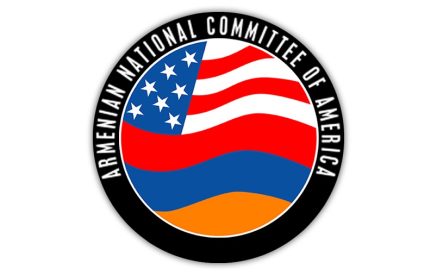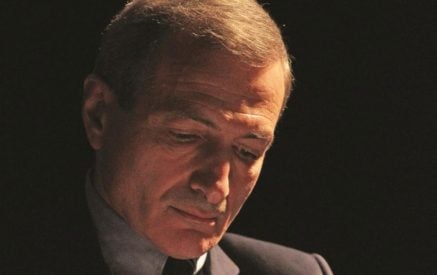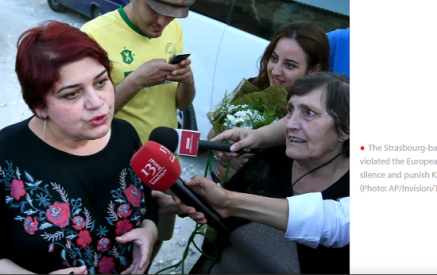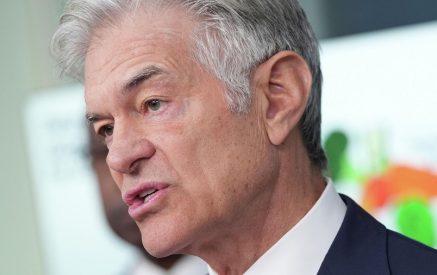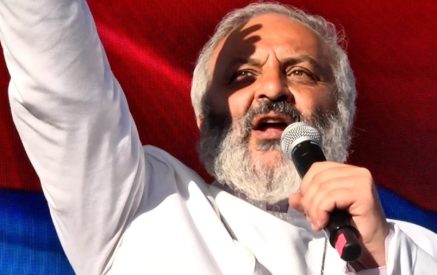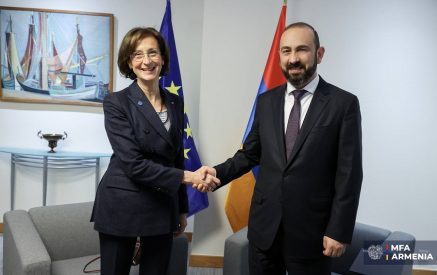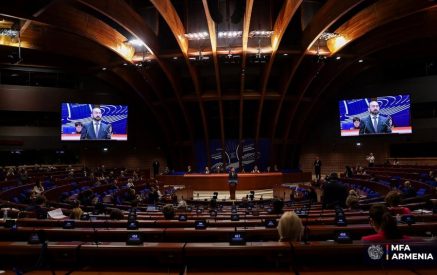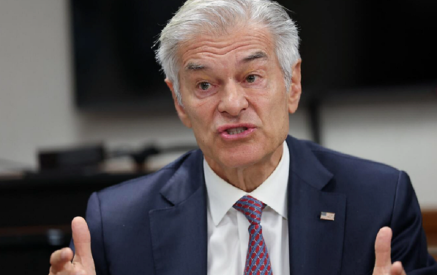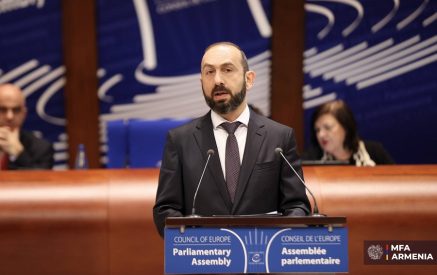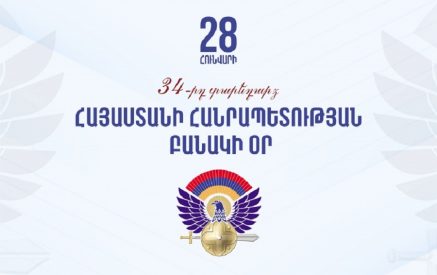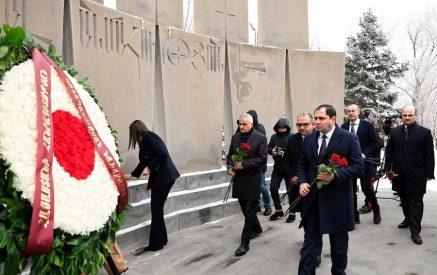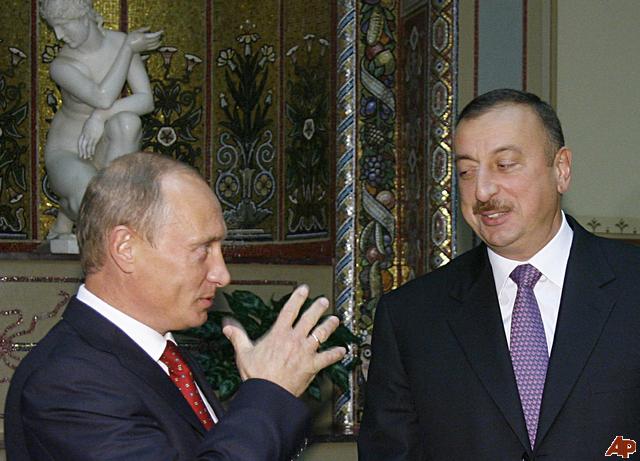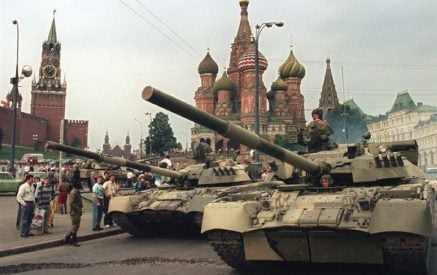Will Armenia thereafter be able to build the relationship with Russia, with the principle of peer to peer
It’s hard to definitely assess as to how the President of Russia Vladimir Putin’s visit to Azerbaijan supported the Azeri-Russian rapprochement. Judging by the modest and restrained reaction of the Russian Press, it can be concluded that it would be an exaggeration to consider Putin’s visit to Azerbaijan the most successful.
It is known that a number of documents were signed, including those related to the field of energy and transport, as well as issues on legal regime of the Caspian Sea and the Nagorno-Karabakh conflict were discussed. Russia and Azerbaijan have adopted the humanitarian cooperation program until 2015, which was signed by the foreign ministers of the two countries, and achieved an agreement to build a bridge on the border across the Samur river linking the two countries. The agreement on terms of the supply of oil signed between “Rosneft” and Azerbaijani SOCAR can be considered remarkable. This means that Azerbaijan continues to be viewed as an influential country for RF towards strengthening energy and economic cooperation.
But on the background of impressive composition of Russian delegation and expectations available in advance, of course, the visit became a kind of protocol. Of course, the Azerbaijani authorities can use this visit as an important factor prior to presidential elections in the sense of take Azerbaijan into account.
Read also
There are opinions that Putin’s visit was aimed at imposing “psychological pressure” to Armenia. This factor is also possible, but it is the only ‘pressure’ from the Russian side. There have already been “psychological pressures” from Moscow by selling Russian offensive weapons to Azerbaijan, which, as it turned out yesterday, reaches not three, but four billion dollars.
Putin’s visit in Russian-Azerbaijani relations was a regular rise after some freezing. But given visit probably should be considered in terms of regional processes. Armenia and Georgia are expected to sign EU Association Agreement on November, and no matter how opinions sound that Moscow does not like it, and it is natural that it will not like, nevertheless Moscow resources to resist it are limited. Yes, the experts of Russian influence will still have topic for inviting press conferences for two to three months, and will still continue to save Armenia from the “claws” of Europe, but everyone, even the Russians understand that counteracting the signing of the Association Agreement with the EU on that level is simply absurd.
Armenia’s authorities still continue to insist the necessity to sign the Association Agreement, at least in public speeches, which is a positive fact. Recently, in a conversation with correspondent of commonspace.eu Joseph Urso, RA Deputy Foreign Minister Shavarsh Kocharyan speaking about the choice between the EU Association Agreement and Deep and Comprehensive Free Trade Area Agreement and the Customs Union, observed that “Customs Union puts obstacle to the signing of the Association Agreement”. At the same time he stressed that the RF is in the security system of Armenia, when the Association agreement is in the economic system. “This does not contradict one another. In terms of security, Armenia is connection with Russia. We are a member of Collective Security Treaty Organization led by Russia. But we are actively working with NATO. From CSTO members, only Armenia in the composition of NATO has sent its peacekeeping forces to different parts of the world. But we have never said that we would like to become a member of NATO. We are a member of the CSTO.”
In other words, the psychological pressure, being clear to some extent, anyway, can not have the impact and the result that presumably would be desirable for the Russian side. Armenia is still considered to be Russia’s “strategic ally”, Russian military bases are placed in the territory of Armenia, and, in the last few months, the Russian side can not ignore certain moods formed with the society towards Moscow policy. In other words, even impulses to go to sharp confrontation with Armenia are also limited.
The whole question is whether Armenia from now on will be able to build relations with Russia, with the principle of peer to peer … Perhaps Moscow feels this threat, and all the “psychological pressure” are aimed at prevention of the said intention.
Emma GABRIELYAN




